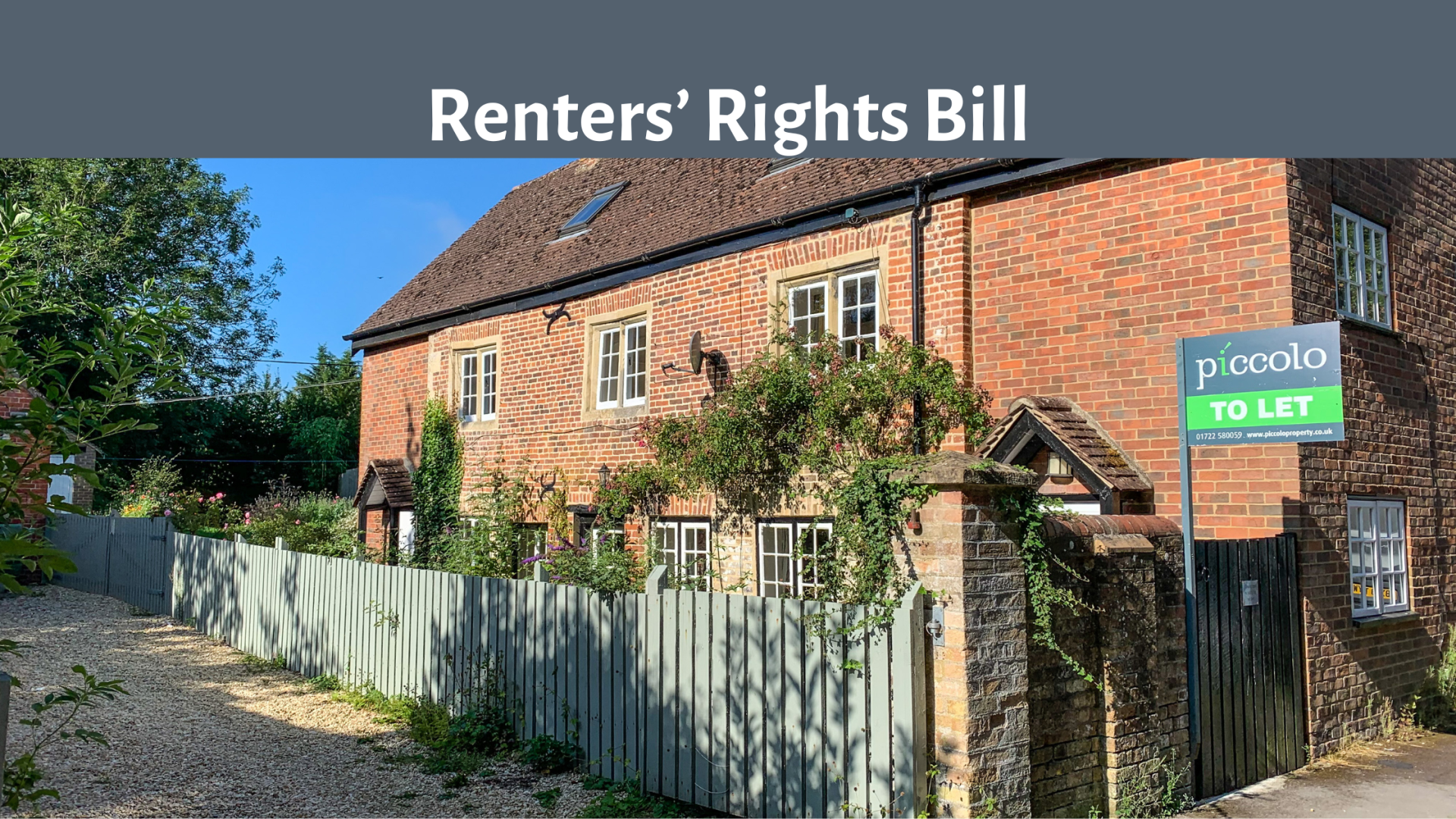The Renters' Rights Bill introduces significant changes to the notice periods required for ending tenancies, affecting both landlords and tenants. Understanding these new requirements is crucial for ensuring compliance and maintaining positive landlord-tenant relationships.
Notice Periods for Tenants
Under the new legislation, tenants must provide a minimum of two months' notice to end their tenancy. This notice can be given at any point after the tenancy begins. The notice must align with the rental period, so if rent is due on the first of the month, the tenancy should end at the end of a full rental period. e.g. if a tenant moves in on the 10th of September, the tenancy periods would run from the 10th to the 9th of the following month. If the tenant gave notice on the 15th of September, the 2 months’ notice would not expire until the 9th December.
Notice Periods for Landlords
For landlords, the ability to end a tenancy depends on specific legal grounds under Section 8 of the Housing Act 1988. The most commonly used grounds, along with their required notice periods, include:
- Ground 8 (Serious Rent Arrears): If the tenant has at least 3 months’ rent unpaid at the time of serving notice and at the court hearing, the landlord can issue a notice with a 4 week notice period.
- Ground 10 (Some Rent Arrears): If the tenant has unpaid rent but less than two months' worth, the landlord can serve notice with a 4 week notice period, but eviction is not mandatory at court.
- Ground 11 (Persistent Late Payment of Rent): If the tenant frequently pays rent late, even if they are not in significant arrears, a landlord can serve notice with a 4 week notice period. This ground is discretionary.
- Ground 12 (Breach of Tenancy Agreement): If the tenant breaches any term of the tenancy agreement (e.g. subletting or smoking), the landlord can serve notice with a 2 week notice period.
- Ground 13 (Damage to Property): If the tenant has caused damage to the property, the landlord can serve notice with a 2 week notice period.
- Ground 14 (Criminal & Anti-Social Behaviour): If the tenant is involved in anti-social behaviour, the landlord can serve immediate notice, meaning court proceedings can start without delay. No notice period.
- Ground 15 (Deterioration of Furniture): If the tenant has damaged or neglected furniture provided in a furnished tenancy, the landlord can serve notice with a 2 week notice period.
- Ground 17 (False Statements by the Tenant): If the tenant provided false information to obtain the tenancy, the landlord can serve notice with a 2 week notice period.
Practical Implications for Landlords
- Proper Documentation: Landlords should maintain thorough records of rent payments, tenant communications, and breaches of tenancy agreements to support possession claims.
- Legal Compliance: Understanding the specific legal grounds for eviction ensures that landlords follow the correct procedures and avoid legal disputes.
Conclusion
The Renters' Rights Bill significantly alters the process of ending tenancies, particularly for landlords. By familiarising themselves with the key grounds under Section 8 and adhering to the correct notice periods, landlords can navigate these changes effectively while remaining compliant with the law.
Managing rentals is tough enough, add new legilslation and it's even tricker. If you're in Wilton, Salisbury, Warminster or Amesbury we're here to guide you through the Renters' Rights Bill with honest, no-nonsense advice. Have a read through our blogs for answers and updates, or contact us directly to chat: 01722 580059 or info@piccoloproperty.co.uk






Share this with
Email
Facebook
Messenger
Twitter
Pinterest
LinkedIn
Copy this link